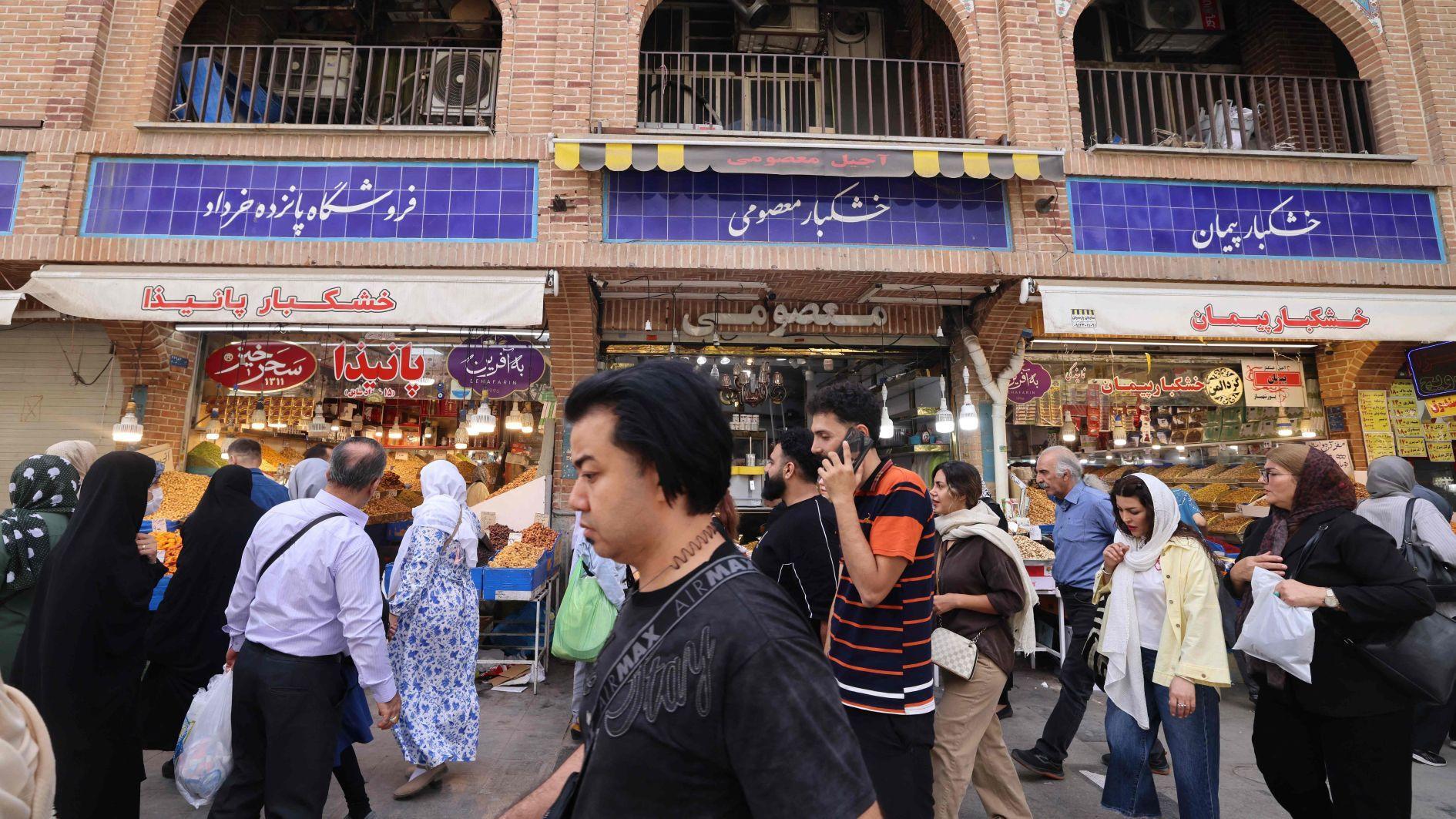
Iran on Sunday weighed how to respond to reimposed United Nations sanctions over its atomic program, with one lawmaker suggesting parliament would consider potentially withdrawing from the Nuclear Nonproliferation Treaty.
The sanctions again freeze Iranian assets abroad, halt arms deals with Tehran and penalize any development of Iran’s ballistic missile program, among other measures.
It came via a mechanism known as “snapback,” included in Iran’s 2015 nuclear deal with world powers and comes as Iran’s economy already is reeling.
“The reactivation of annulled resolutions is legally baseless and unjustifiable... all countries must refrain from recognizing this illegal situation," the Iranian Foreign Ministry said in a statement.
"The Islamic Republic of Iran will firmly defend its national rights and interests, and any action aimed at undermining the rights and interests of its people will face a firm and appropriate response," it added.
The return of the sanctions ends months of tense diplomacy aimed at reviving nuclear talks derailed since June, when Israeli and U.S. forces bombed Iranian nuclear facilities.
Despite the reimposition, Western leaders stressed channels for dialogue remained open.
Russia made clear it would not enforce the sanctions, considering them invalid.
Iran has long contended that it is not seeking nuclear weapons. Newspapers in the Islamic Republic gave contrasting reactions to the reimposition of the sanctions.
The ultraconservative newspaper Kayhan, which opposes any dialogue with the United States, suggested the sanctions would likely have been imposed even if Iran had engaged in negotiations.
The reformist daily Ham Mihan wrote: "The big question is whether Russia and China will maintain their position".
The sanctions are a "snapback" of measures frozen in 2015 when Iran agreed to major restrictions on its nuclear program under a deal negotiated by former president Barack Obama.
The United States already imposed massive sanctions when President Donald Trump withdrew from the deal in his first term.
On the ground, Iranians lamented the likely impact of the new sanctions on an already squeezed economy.
"The current [economic] situation was already very difficult, but it's going to get worse," said an Iranian engineer who asked to be identified only by his first name Dariush.
Iran’s rial currency sits at a record low, increasing pressure on food prices and making daily life that much more challenging. That includes meat, rice and other staples of the Iranian dinner table. The Iranian rial plunged to a record low against the US dollar on the black market, trading at around 1.12 million per dollar.